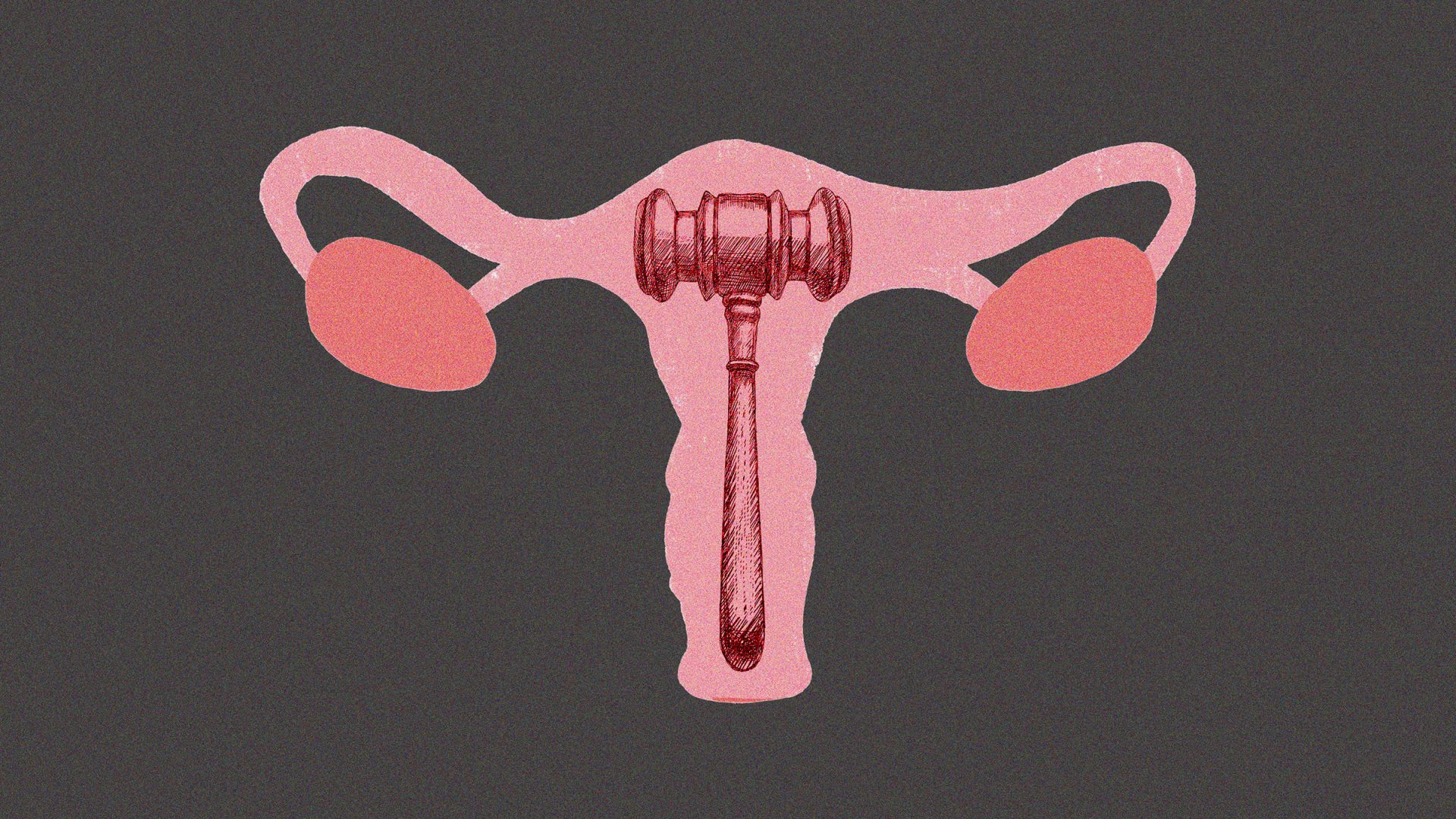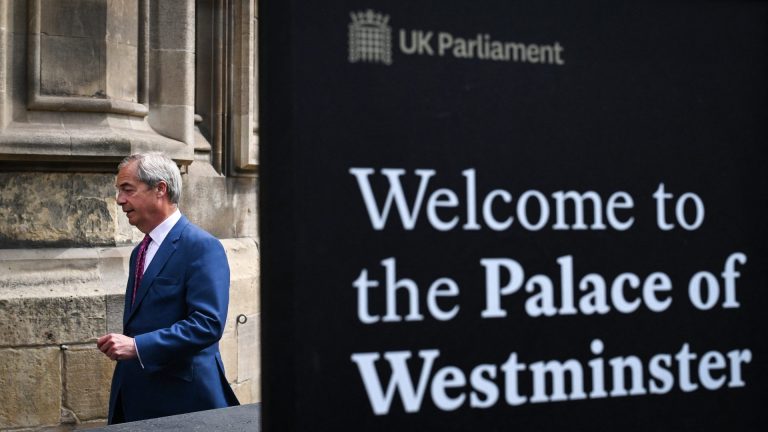It is, if anything, remarkable that it hasn’t happened yet. Labour MP Tonia Antoniazzi should be applauded for her amendment to the crime and policing bill, of course, but it feels incredible that it is needed at all. If it passes, it will remove “women from the criminal law related to abortion”, and would mean “no offence is committed by a woman acting in relation to her own pregnancy”.
Said offences, for which women can still be prosecuted, mostly derive from the Offences Against the Person Act of 1861, and the Infant Life (Preservation) Act of 1929. Though it is, in practice, legal to get an abortion during the first 24 weeks of a pregnancy – and afterwards in some very specific circumstances – the legislation has, until now, essentially acted as a series of loopholes, as opposed to a thorough rewriting of the law.
Antoniazzi’s amendment seeks to change that, and currently has the backing of over 50 MPs, from Liberal Democrat Christine Jardine and the Greens’ Carla Denyer, to Conservative Caroline Dinenage, the SDLP’s Claire Hanna and Llinos Medi from Plaid Cymru. Also in favour of the legal change are – deep breath – the British Medical Association, the Royal College of Obstetricians and Gynaecologists, the Royal College of Midwives, the Royal College of Nursing, and the Royal College of General Practitioners.
In short: it ought to be a slam dunk. It’s also not the first time the Commons has been set to vote on the topic, as Labour MP Diana Johnson had put forward a similar amendment under the last Conservative government, but the general election was called before the criminal justice bill could go through Parliament.
Though the government is yet to give its formal backing to the changes, it is hoped that ministers will do so. Keir Starmer has, so far, not exactly excelled in the realm of socially liberal issues, and ensuring that women are no longer criminalised for what happens inside their bodies would be a step in the right direction.
Read more: Europe is fighting its own abortion battle
As Antoniazzi has said, “there is simply no world in which prosecuting a vulnerable woman who may have experienced a medical complication, miscarriage or stillbirth is the right course of action”. It also seems worth saying that, given both the global context and the way various parties are currently polling, now feels like the right time to enshrine women’s rights in law, with little room for tweaking or backtracking.
Americans thought that Roe v Wade had become untouchable, but clearly it wasn’t. We in Britain would struggle to think of a world in which abortion would get criminalised again, but we should still prepare for a world in which it is a possibility. Govern for the times you’re in, not the ones you wish you could be having, and all that.
On a lighter note, there is something quite comforting about this amendment, which has so far been hiding in plain sight. Over 50 MPs have backed it, most of them women, and they’re from every corner of the political spectrum. Perhaps most importantly, many of them were also at war with each other until recently.
Antoniazzi is a prominent gender critical campaigner; Nadia Whittome, a fellow Labour MP, is one of Parliament’s most outspoken campaigners on transgender rights. Many of the parliamentarians now agitating for the same thing were, and probably will be again at some point, on opposite sides of the gender debate. That they are now able to work together on such an important feminist issue should feel like encouraging news.
Liberation movements have, after all, often had to become broad coalitions of people who otherwise disagreed on most things to be effective. It was sometimes feared that the rise of social media, algorithms and echo chambers would put an end to such large tents. It is a tremendous relief to see that it hasn’t happened and, when the circumstances demand it, all these people can still work together.
All that is needed now is for the government to remember that it ought to, once in a while, act as the progressive party it professes to be. Politics currently feels like the place where good news goes to die, and wouldn’t it be nice for that to no longer be the case, even for one day?












